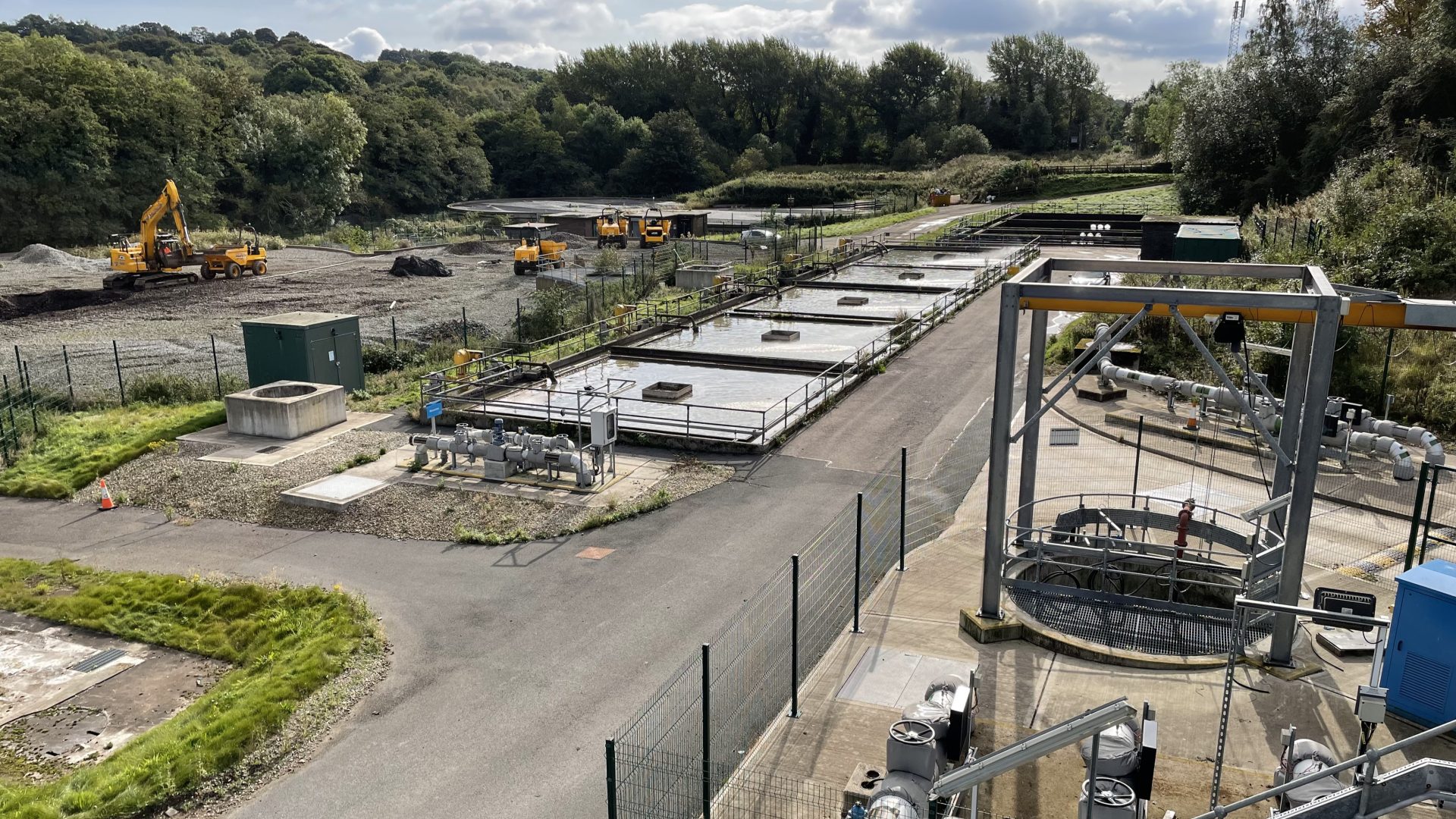Yorkshire Water is investing £10m at its Dronfield wastewater treatment works to help improve water quality in the river Drone by removing Phosphorus from treated wastewater.
As part of Yorkshire Water’s commitment to improve river water quality, the treatment works will undergo improvements which will be carried out by Tilbury Douglas.
Phosphorus is a normal part of domestic sewage, entering the sewer system via showers and washing machines due to products such as shampoo and detergent. It can also wash off from fields after the use of fertilisers and be dissolved from soil which can be difficult to control.
While a small amount of Phosphorus is harmless and is an essential part of many ecosystems it can become damaging to human and animal life when unmanaged.
Under the normal operation of wastewater treatment works, Phosphorus passes through the process and much of it re-enters the environment in treated wastewater. By carrying out this work Yorkshire Water will be removing more Phosphorus and releasing less into the environment.
Joe Fisher, senior project manager at Yorkshire Water, said:
“We’re committed to reducing Phosphorus concentrations being returned to the environment from our wastewater treatment works. This scheme at Dronfield will make a difference to water quality in the Drone and ensure our site meets our WINEP targets.”
The scheme is expected to last until December 2024. On completion, the works will ensure Phosphorus concentrations in the final effluent at Dronfield wastewater treatment works meet water industry national environment programme (WINEP) targets for England.
The project forms part of Yorkshire Water’s £500 million investment in Phosphorous removal across its wastewater treatment works around the region.



